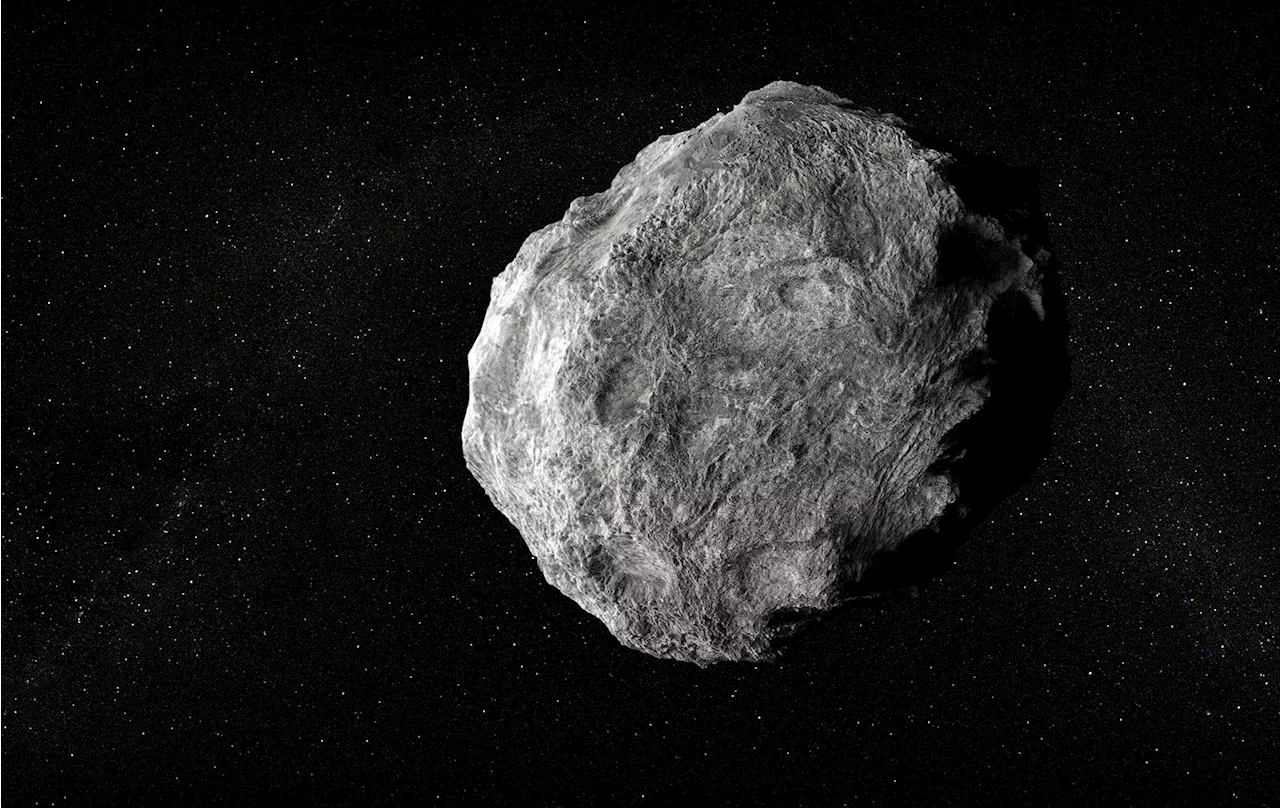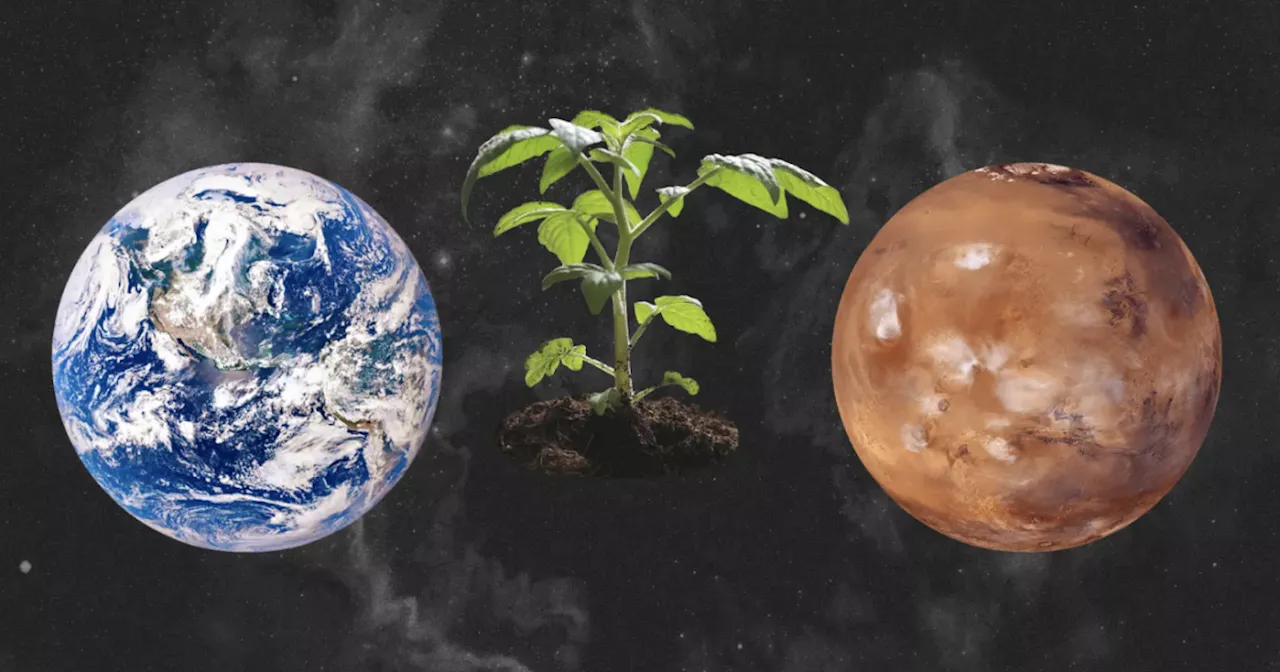Why did multicellularity arise? Solving that mystery may help pinpoint life on other planets and explain the vast diversity and complexity seen on Earth today, from sea sponges to redwoods to human society.
A new article shows how specific physical conditions -- especially ocean viscosity and resource deprivation -- during the global glaciation period known as Snowball Earth could have driven eukaryotes to turn multicellular.
"It seems almost counterintuitive that these really harsh conditions, this frozen planet, could actually select for larger, more complex organisms, rather than causing species to go extinct or reduce in size," says former SFI Undergraduate Complexity Researcher William Crockett, corresponding author on the paper and Ph.D. student at MIT.
The study shows how the iced-over oceans during Snowball Earth would have blocked sunlight, reducing photosynthesis and thus draining the sea of nutrients. Bigger organisms that processed more water had a better chance of eating enough to survive. Once the glaciers melted, these larger organisms could expand further.
The paper also presents new tools for investigating physical effects on organism physiology, a boon for future research.
Soil Types Marine Biology Earth Science Geology Near-Earth Object Impacts Fossils Origin Of Life Early Humans
United Kingdom Latest News, United Kingdom Headlines
Similar News:You can also read news stories similar to this one that we have collected from other news sources.
 Why the harsh Snowball Earth kick-started our earliest multicellular ancestorsFor a billion years, single-celled eukaryotes ruled the planet. Then around 700 million years ago during Snowball Earth—a geologic era when glaciers may have stretched as far as the Equator—a new creature burst into existence: the multicellular organism.
Why the harsh Snowball Earth kick-started our earliest multicellular ancestorsFor a billion years, single-celled eukaryotes ruled the planet. Then around 700 million years ago during Snowball Earth—a geologic era when glaciers may have stretched as far as the Equator—a new creature burst into existence: the multicellular organism.
Read more »
 An asteroid larger than 99% of near-Earth asteroids will pass Earth this weekTwo asteroids will pass Earth back-to-back this week, just in time to celebrate Asteroid Day 2024. Here's what we know.
An asteroid larger than 99% of near-Earth asteroids will pass Earth this weekTwo asteroids will pass Earth back-to-back this week, just in time to celebrate Asteroid Day 2024. Here's what we know.
Read more »
 Life Beyond Earth: Webb’s Spectroscopic Hunt for Earth-Like PlanetsScience, Space and Technology News 2024
Life Beyond Earth: Webb’s Spectroscopic Hunt for Earth-Like PlanetsScience, Space and Technology News 2024
Read more »
 New twists on tornadoes: Earth scientist studies why U.S. has so many tornadoesAcross the Midwest during the warmer months, studying the sky for signs of storms and tornadoes becomes one of the most popular pastimes.
New twists on tornadoes: Earth scientist studies why U.S. has so many tornadoesAcross the Midwest during the warmer months, studying the sky for signs of storms and tornadoes becomes one of the most popular pastimes.
Read more »
 Why a new method of growing food on Mars matters more on EarthTurns out growing crops on the Red Planet is a lot like growing food on a climate-ravaged Earth.
Why a new method of growing food on Mars matters more on EarthTurns out growing crops on the Red Planet is a lot like growing food on a climate-ravaged Earth.
Read more »
 Why a new method of growing food on Mars matters more on EarthTurns out growing crops on the Red Planet is a lot like growing food on a climate-ravaged Earth.
Why a new method of growing food on Mars matters more on EarthTurns out growing crops on the Red Planet is a lot like growing food on a climate-ravaged Earth.
Read more »
